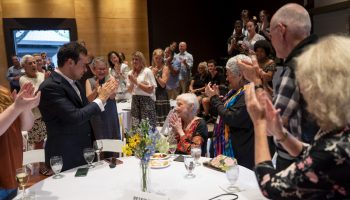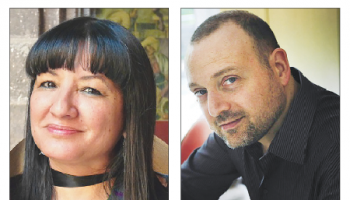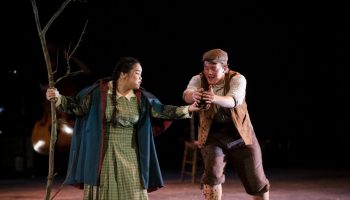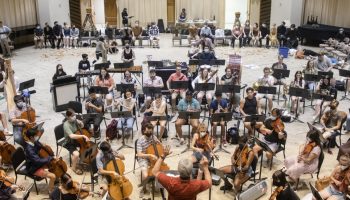There’s a ghost in Fletcher Music Hall.
At least that’s what the voice students performing Benjamin Britten’s opera The Turn of the Screw at 7:30 p.m. Tuesday, Wednesday, Thursday and Friday in Fletcher Music Hall would like the audience to believe.
Well, maybe.
“It asks more questions than it gives answers,” said Milos Repicky, voice coach and conductor of the production. “Did something awful really happen or didn’t it? Is this happening in somebody’s mind? Is this ghost real?”
Britten’s opera, based on the Henry James novel, is a classic ghost story that centers on an unnamed woman, simply referred to as the Governess, who forms an unsettlingly close bond with one the children in her care, Miles. The already eerie story takes a supernatural turn when the supposed ghost of Peter Quint, Miles’ former manservant, appears, causing chaos within the residence.
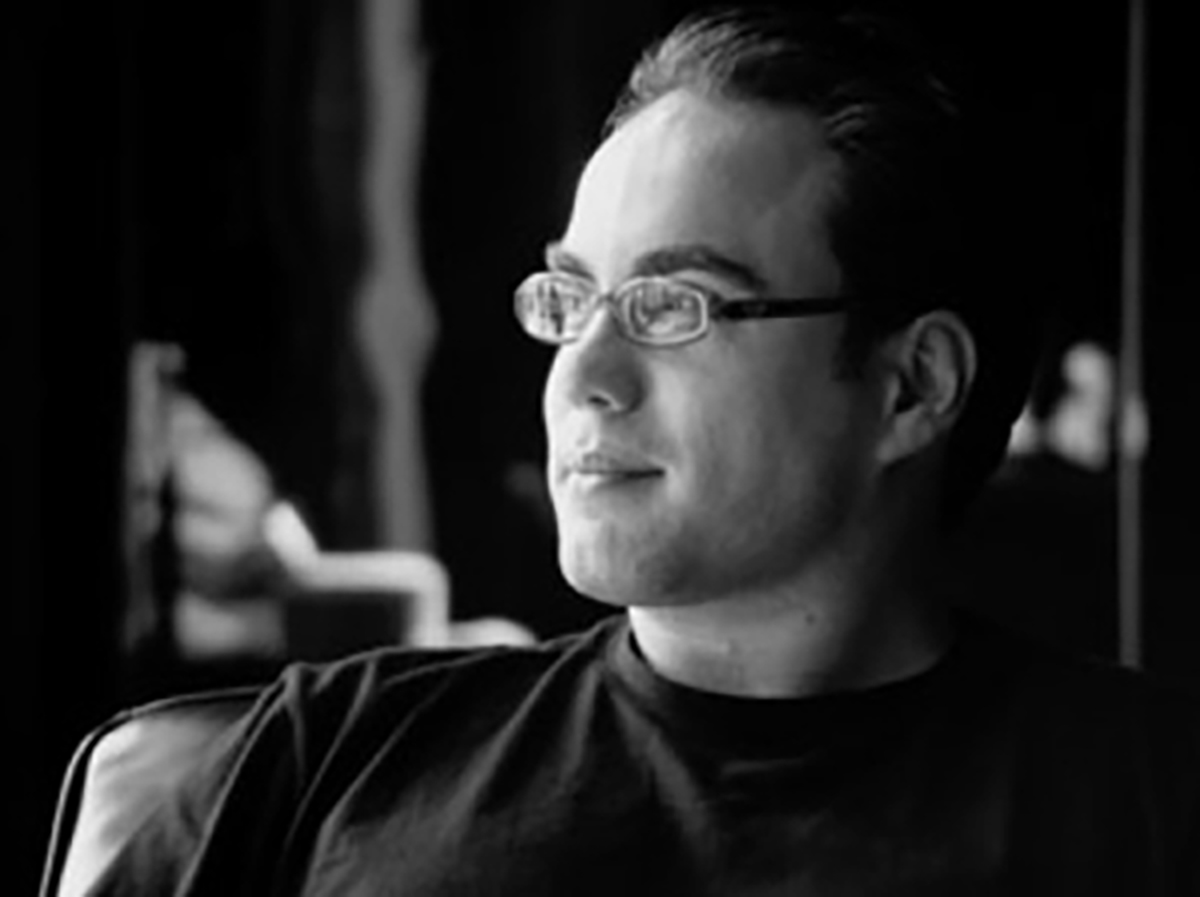
Repicky said the purpose of the opera, as with any ghost story, is not just to spook the audience. The fear lies in asking the audience to confront uncomfortable aspects of society, he said.
The discomfort portrayed in the performance goes beyond the libretto. Repicky said the 12-note technique Britten used, devised by Arnold Schoenberg, was a “scandalous” method. Just as the opera’s story forces audiences to confront uncomfortable social facets, they also must listen to an uncomfortable musical arrangement.
The result, Repicky said, is music that is more than just beautiful – it’s compelling and, at times, scary. He said the music keeps the audience engaged, rather than thinking “Oh, that’s very pretty, … I’ve heard that aria before; it was on the British Airways commercial.”
The Turn of the Screw is one of Britten’s chamber operas, composed for 13 instruments rather than a full orchestra, making it more accessible for touring and smaller venues. Tuesday’s performance will instead be played on the piano, which Repicky said is able to “create the illusion” of other instruments. To amp up the drama in the music, the piano will be accompanied by one of the special effects instruments Britten used in his orchestration: the celeste.
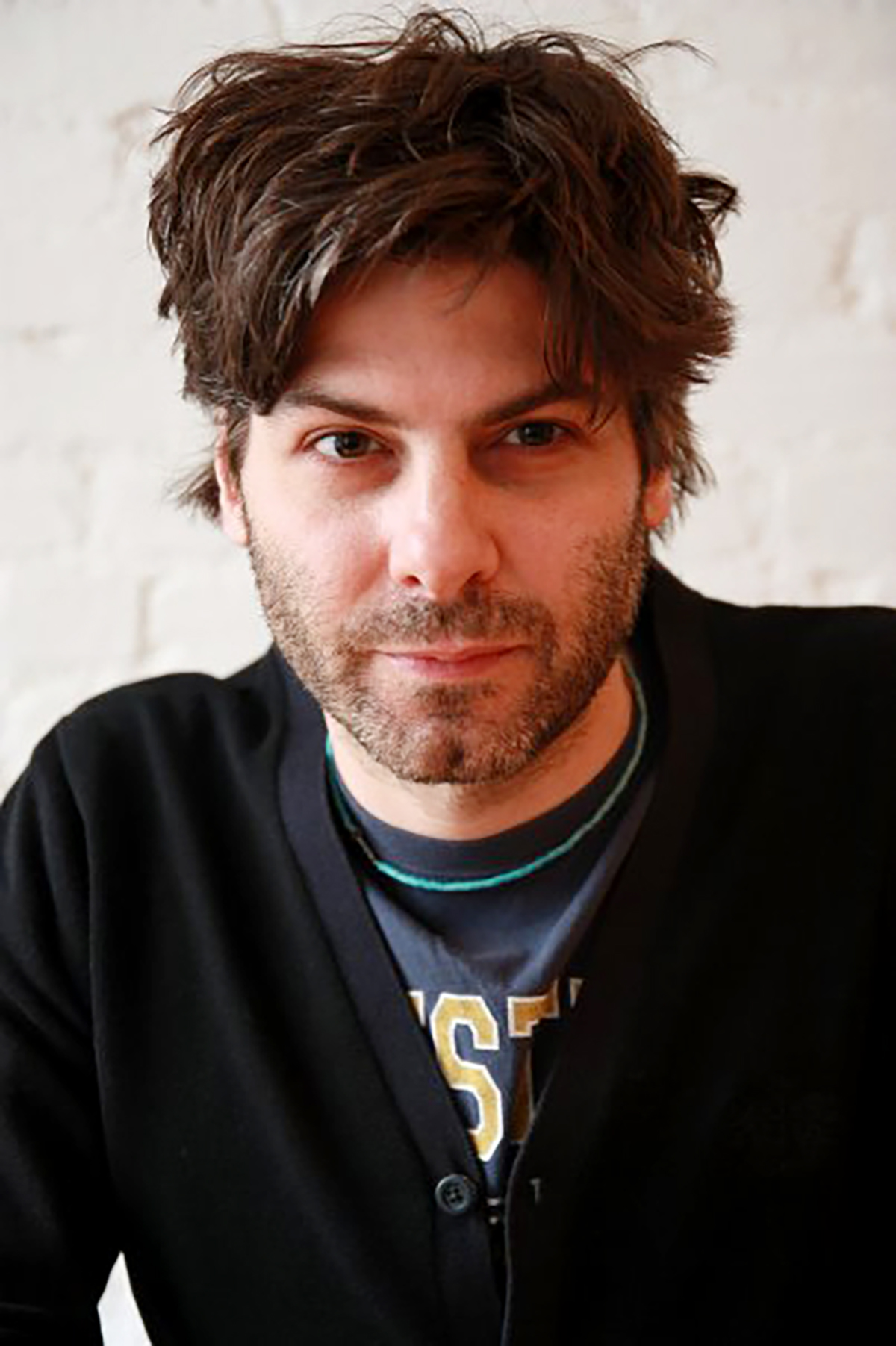
Throughout the opera, the celeste portrays the supernatural, and is associated with Peter Quint’s character.
“Whether or not that’s a good, benevolent force or if it’s evil, we don’t know,” Repicky said. “It’s just what it is. Everyone has to decide.”
Putting on a full-length opera in Fletcher is not ideal, since the venue is created for recitals, not operas. But John Giampietro, the stage director of the production, said they’re using the space the best they can. He said the emphasis is not on the set or design; it’s on the students, whose level of talent is “unmatched by any voice program in the country.”
The intimate setting also works to the performers’ advantage in some ways, Repicky said.
“Rather than hearing someone sing loud in a massive theater, you can see somebody that you can engage with,” Repicky said. “(You can) be part of the story that’s happening.”


